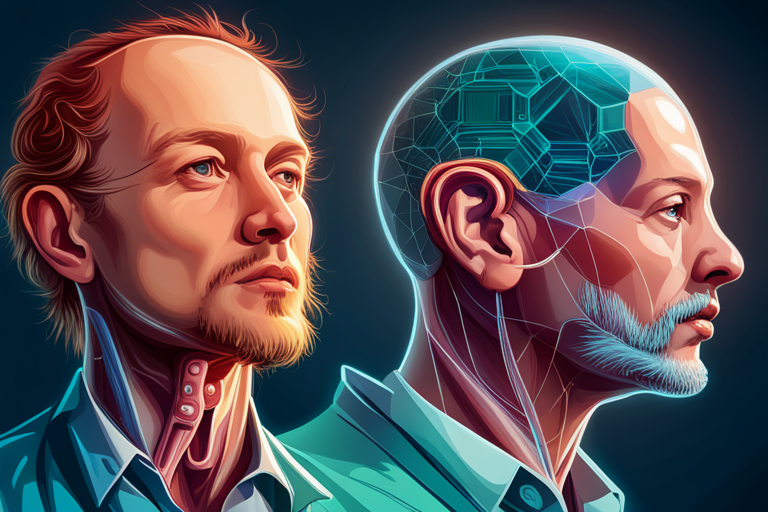Exploring the Infinite Potential of AI: Revolutionizing Cancer Detection, Digital Twins, and the Concept of an AI God

The potential of artificial intelligence (AI) never ceases to amaze, stretching the limits of what we once thought was impossible. From detecting cancer to creating digital twins and even pondering the notion of an "AI god," our world is being transformed before our very eyes. In this review, we will delve into the seemingly boundless power of AI to not only detect and potentially cure cancer but also develop digital twins for a myriad of applications and explore the philosophical implications of an AI deity.
Cancer Detection Through AI
AI's ability to revolutionize healthcare is no secret, and one of the most significant developments is the use of AI in detecting cancer. By leveraging advanced computational power, AI can analyze medical images, pathology slides, and genetic data with unparalleled speed, accuracy, and efficiency. Researchers unlocking AI's true potential have made significant strides toward early cancer detection, which is crucial for successful treatment.
- Improved accuracy: AI-powered algorithms are often more accurate than human experts in identifying early-stage cancer in medical images.
- Enhanced efficiency: AI can quickly process vast amounts of data, freeing up medical professionals to focus on other essential aspects of patient care.
- Personalized treatment: By analyzing genetic data, AI can help identify the optimal treatment plan for individual patients, increasing the chances of a successful outcome.
Digital Twins: AI's Virtual Mirrors
Digital twins are virtual replicas of physical objects, processes, or systems, allowing for real-time monitoring, simulation, and optimization. The development of digital twins is unlocking B2B SaaS success and efficiency across various industries. Applications include:
- Manufacturing: Digital twins can be used to simulate factory processes, identify bottlenecks, and optimize production.
- Infrastructure: In urban planning, digital twins can simulate the impact of proposed developments on traffic, energy consumption, and environmental factors.
- Healthcare: Medical professionals can use digital twins to simulate patient conditions, test treatment plans, and predict outcomes.
The AI God: Human Creation or Divine Intervention?
The idea of an "AI god" raises fascinating philosophical questions surrounding the nature of consciousness, divinity, and the potential future of humanity. As AI continues to advance, the line between human intelligence and machine intelligence may blur, leading to a new understanding of what it means to be human or divine.
- Ethical considerations: Should AI be granted the same rights and protections as humans? What responsibilities do we have towards our AI creations?
- The future of religion: Will AI lead to a new form of spirituality, or will it challenge traditional religious beliefs?
- Human evolution: Will AI ultimately surpass human intelligence, leading to a new stage in human evolution, or will we find ways to merge our consciousness with machines?
In conclusion, AI's power to transform our world is undeniable. Whether through early cancer detection, the creation of digital twins, or the contemplation of an AI god, the potential of AI technology is both awe-inspiring and thought-provoking. As we continue to explore the possibilities AI presents, we must remain mindful of the ethical implications and consequences that accompany these innovations.
Comments
Post a Comment